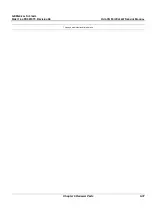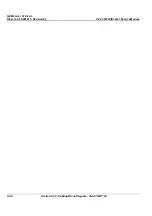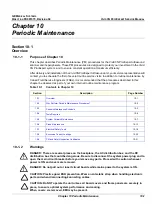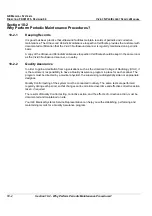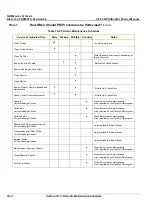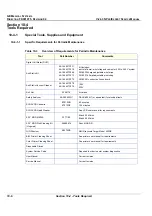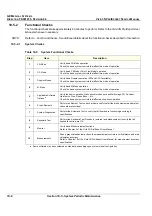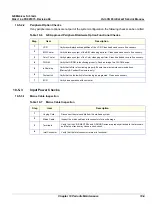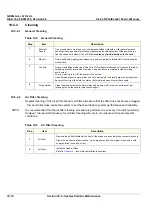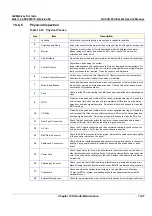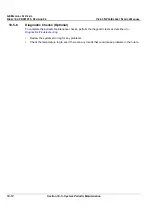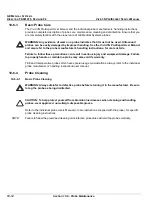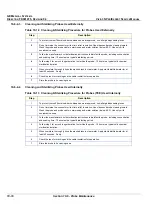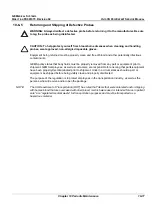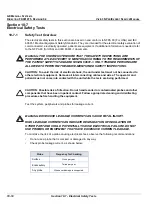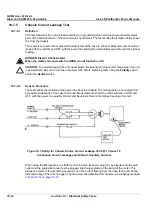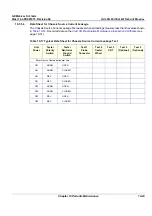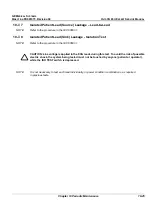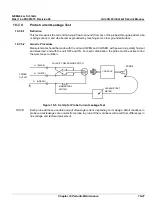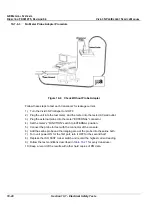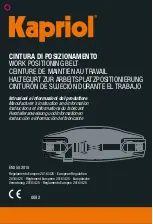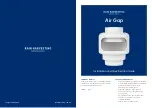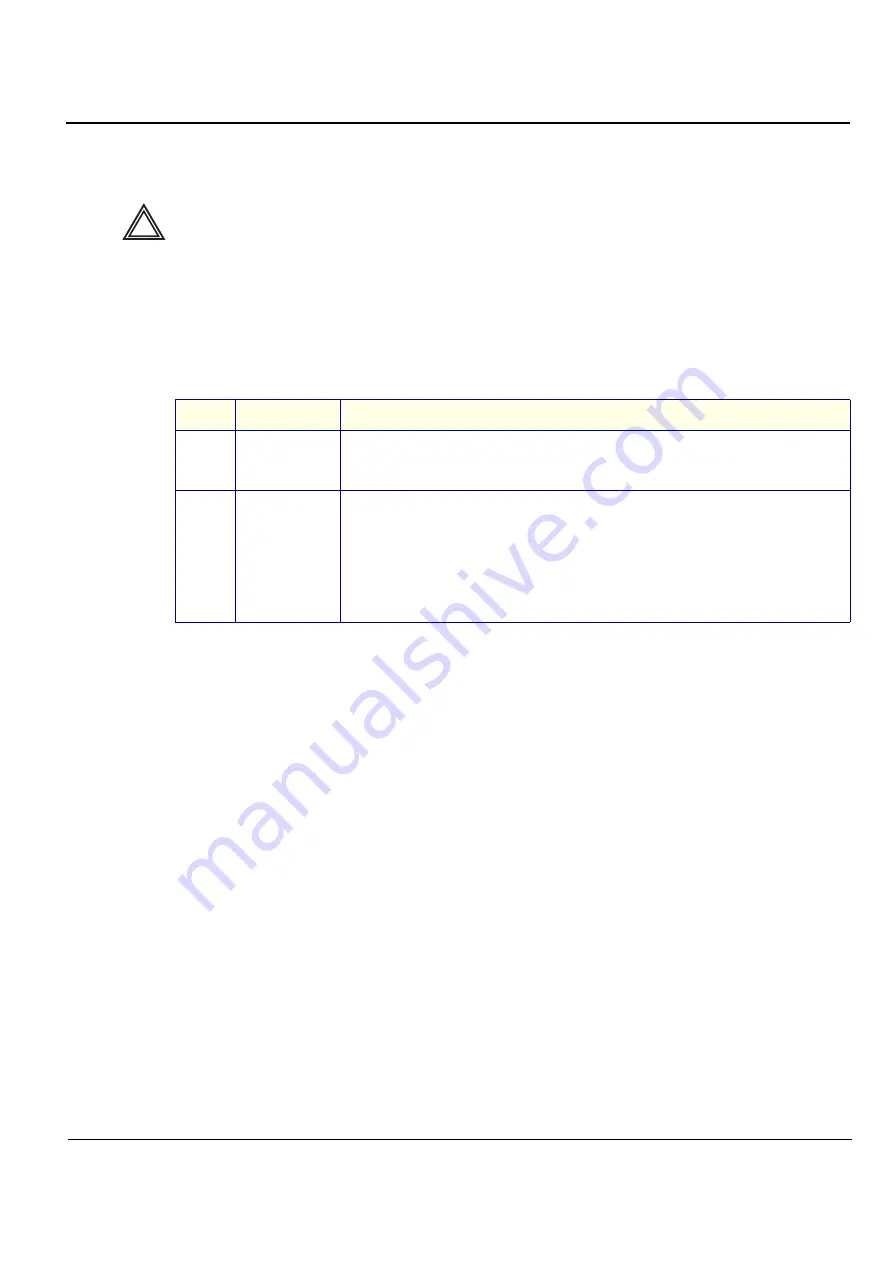
GE M
EDICAL
S
YSTEMS
D
IRECTION
FK091075, R
EVISION
04
V
IVID
3N P
RO
/E
XPERT
S
ERVICE
M
ANUAL
Chapter 10 Periodic Maintenance
10-13
Section 10-6
Probe Maintenance
WARNING: Any evidence of wear on a probe indicates that it must not be used. Improper
handling may easily damage ultrasound probes. See the Vivid 3N Pro/Expert User Manual and
also refer to the probe manufacturer’s handling instructions, for more details.
Failure to follow these precautions can result in serious injury and equipment damage. Failure
to properly handle or maintain a probe may also void its warranty.
10-6-1
Probe Checks
10-6-2
Probe Handling
All Vivid 3N Pro/Expert probes are designed and manufactured to provide trouble-free, reliable service.
To ensure this, the correct handling of probes is important and the following points should be noted:
•
Do not drop a probe or strike it against a hard surface, as this may damage the probe elements and
the acoustic lens, or may crack the housing.
•
Do not use a cracked or damaged probe. Any evidence of wear indicates the probe must
not
be
used. Call your field service representative immediately for a replacement.
•
Perform a visual check of the probe pins and system sockets before plugging in a probe
•
Avoid pulling, pinching or kinking the probe cable, since a damaged cable may compromise the
electrical safety of the probe.
•
To avoid the risk of a probe accidentally falling, do not allow the probe cables to become entangled
with, or to be caught in the wheels of the system.
•
Protect the probe when moving the unit.
•
Use a soft cloth and warm, soapy water to clean the probe.
Note:
For detailed information on handling endocavity probes, refer to the appropriate supplementary
instructions for each probe.
Table 10-11 Probe Checks
Step
Item
Description
1
Probe Holder
Check there are no traces of gel on the probe holders. If any gel present, clean the probe
holders with warm water and a damp cloth to remove all traces of gel (soaking may be required
to remove excess gel).
2
Probes
Check all the probes for wear and tear on the lens, cable and connector. Look for bent pins on
the connector and in the connector socket on the unit. Remove any dust from inside the
connector sockets.
Verify that the EMI fingers around the probe connector socket housing are intact.
Check the probe locking mechanism and probe switch.
Perform a visual check of transducer pins and connector sockets before connecting a probe.
Verify that the system properly recognizes all probes.

